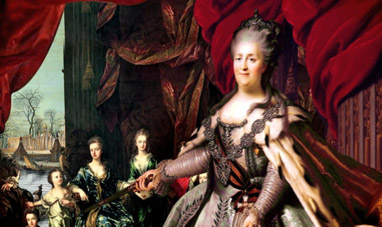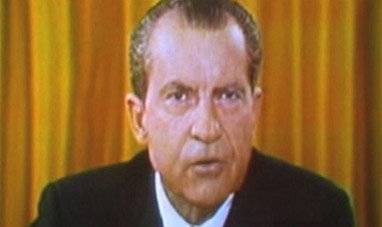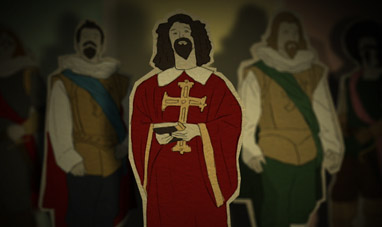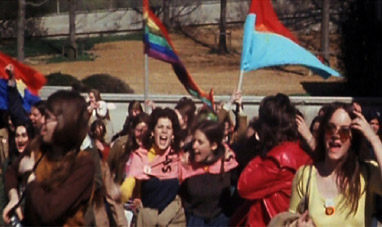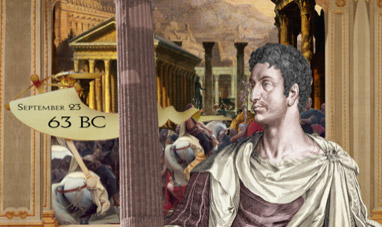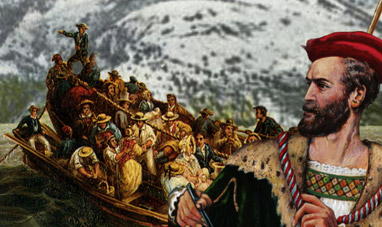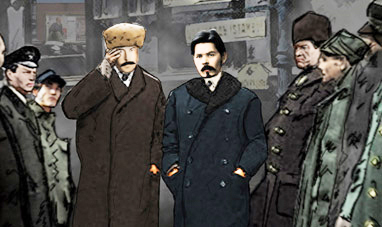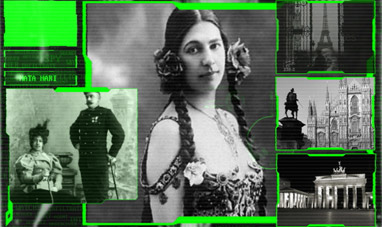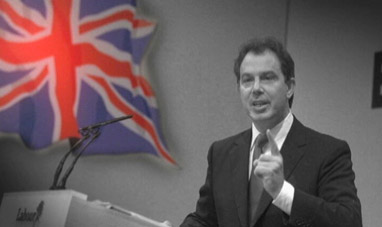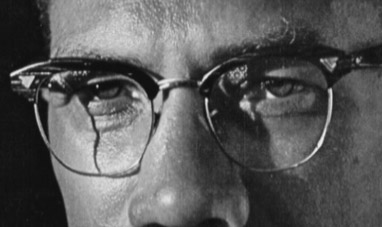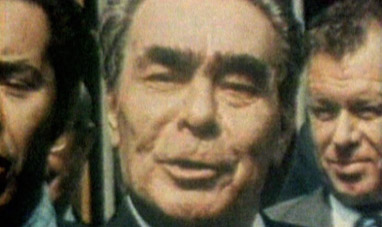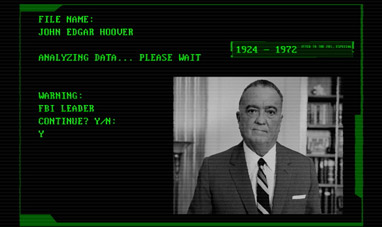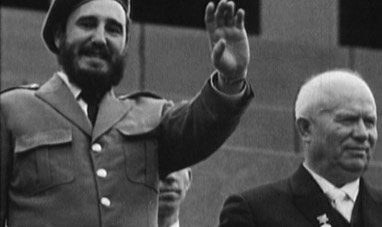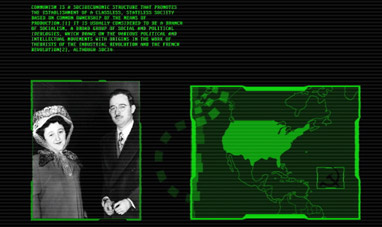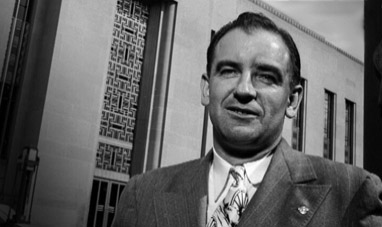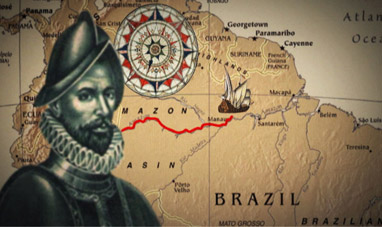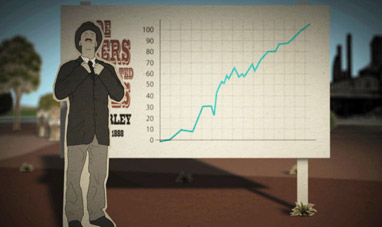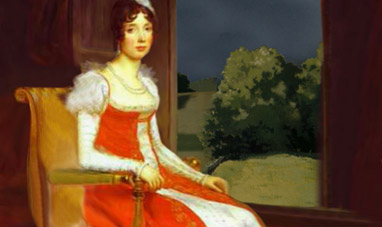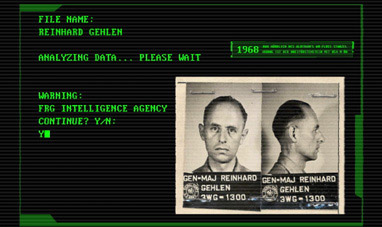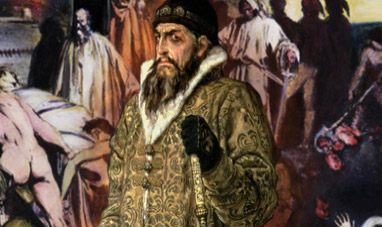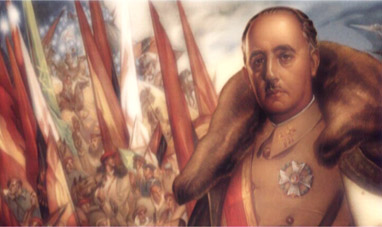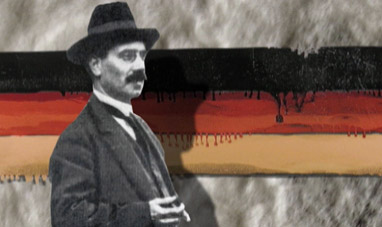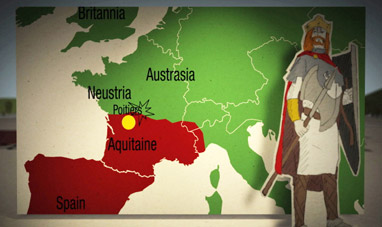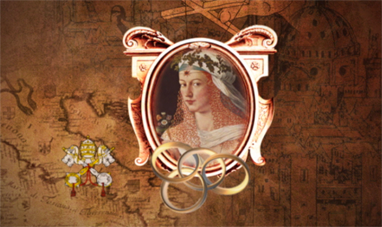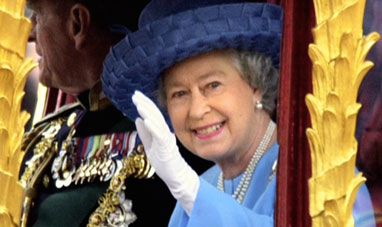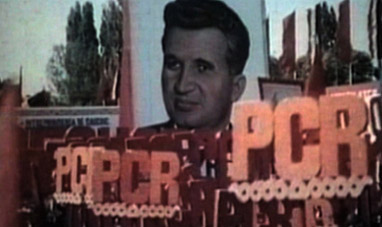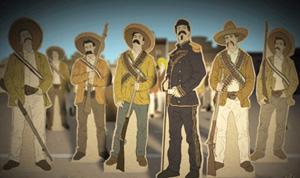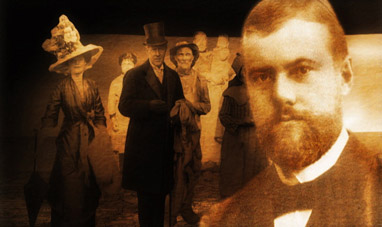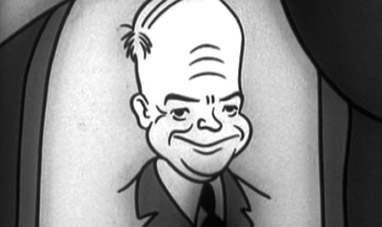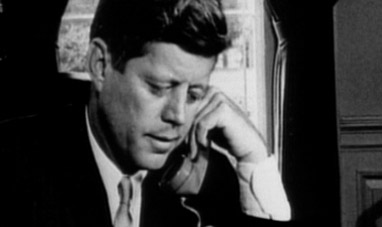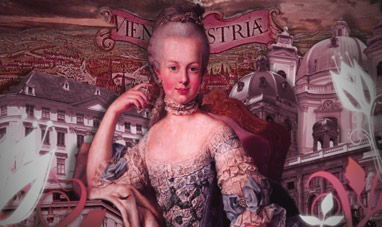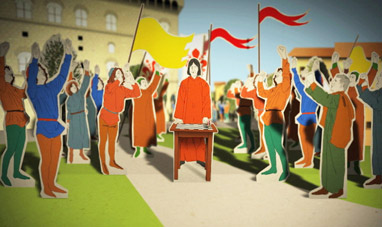A Russian revolutionary and leader, Lenin was the protagonist of the Bolshevik revolution, the first attempt to put Marxist ideals into practice in the world at large. Lenin was born Vladimir Ilyich Ulyanov on April 22, 1870 in Simbirsk, Russia. In the 19th century tsars ruled Russia with absolute power. Feudalism kept the peasants, or serfs, in check. In 1887 Lenin’s brother, Aleksandr, was hanged for an attempt on the life of the tsar. Lenin began to study the theories of political philosopher Karl Marx. In 1898 he helped create the Russian Social Democratic Labor Party, which earned him three years in Siberia for anti-tsarist activities. While in exile, he wrote The Development of Capitalism in Russia, which argued that a vanguard of revolutionaries should incite the working class to rebel and take power.
Massive worker’s strikes took place in St. Petersburg in 1905. Workers founded councils called “soviets.” Lenin’s party split: his majority faction, the Bolsheviks, supported a revolution that would bring the soviets to power immediately. The more moderate Mensheviks wanted a shift to a liberal government that would represent both middle class and working class interests. But both would have to wait. The 1905 revolutions were put down by the tsar’s troops, and Lenin fled abroad. February 23, 1917. Food and fuel shortages during World War One and strikes and riots in St. Petersburg forced the tsar to abdicate. A provisional, liberal government was set up in his place. On April 3, 1917 Lenin returned to Russia. In a series of directives called the April Theses, he attacked the provisional government, calling for workers and serfs to seize power immediately – in contrast to the wishes of his rivals, the Mensheviks. October 25. The revolution began in earnest. Lenin’s Bolsheviks seized power in St. Petersburg and Moscow. Lenin’s first decision was to stop the war and to draw up a peace treaty with Germany. He then abolished private land ownership, increased the soviets’ power over industry, and set about quashing opposition.
The Mensheviks strongly opposed Lenin. His Bolsheviks gained the upper hand only after four years of civil war that left at least 10 million dead. With the birth of the Soviet Union, Lenin became a legend, inspiring workers’ movements all over the world. But after years of civil war, the country stood on the verge of collapse. Lenin introduced the New Economic Policy in 1921, which brought back some aspects of a market economy, primarily in agriculture. Lenin died on January 21, 1924 after his third stroke. In a statement read after his death, he warned his comrades of the danger of Stalin, who nevertheless rose to power after Lenin’s death.
Massive worker’s strikes took place in St. Petersburg in 1905. Workers founded councils called “soviets.” Lenin’s party split: his majority faction, the Bolsheviks, supported a revolution that would bring the soviets to power immediately. The more moderate Mensheviks wanted a shift to a liberal government that would represent both middle class and working class interests. But both would have to wait. The 1905 revolutions were put down by the tsar’s troops, and Lenin fled abroad. February 23, 1917. Food and fuel shortages during World War One and strikes and riots in St. Petersburg forced the tsar to abdicate. A provisional, liberal government was set up in his place. On April 3, 1917 Lenin returned to Russia. In a series of directives called the April Theses, he attacked the provisional government, calling for workers and serfs to seize power immediately – in contrast to the wishes of his rivals, the Mensheviks. October 25. The revolution began in earnest. Lenin’s Bolsheviks seized power in St. Petersburg and Moscow. Lenin’s first decision was to stop the war and to draw up a peace treaty with Germany. He then abolished private land ownership, increased the soviets’ power over industry, and set about quashing opposition.
The Mensheviks strongly opposed Lenin. His Bolsheviks gained the upper hand only after four years of civil war that left at least 10 million dead. With the birth of the Soviet Union, Lenin became a legend, inspiring workers’ movements all over the world. But after years of civil war, the country stood on the verge of collapse. Lenin introduced the New Economic Policy in 1921, which brought back some aspects of a market economy, primarily in agriculture. Lenin died on January 21, 1924 after his third stroke. In a statement read after his death, he warned his comrades of the danger of Stalin, who nevertheless rose to power after Lenin’s death.

